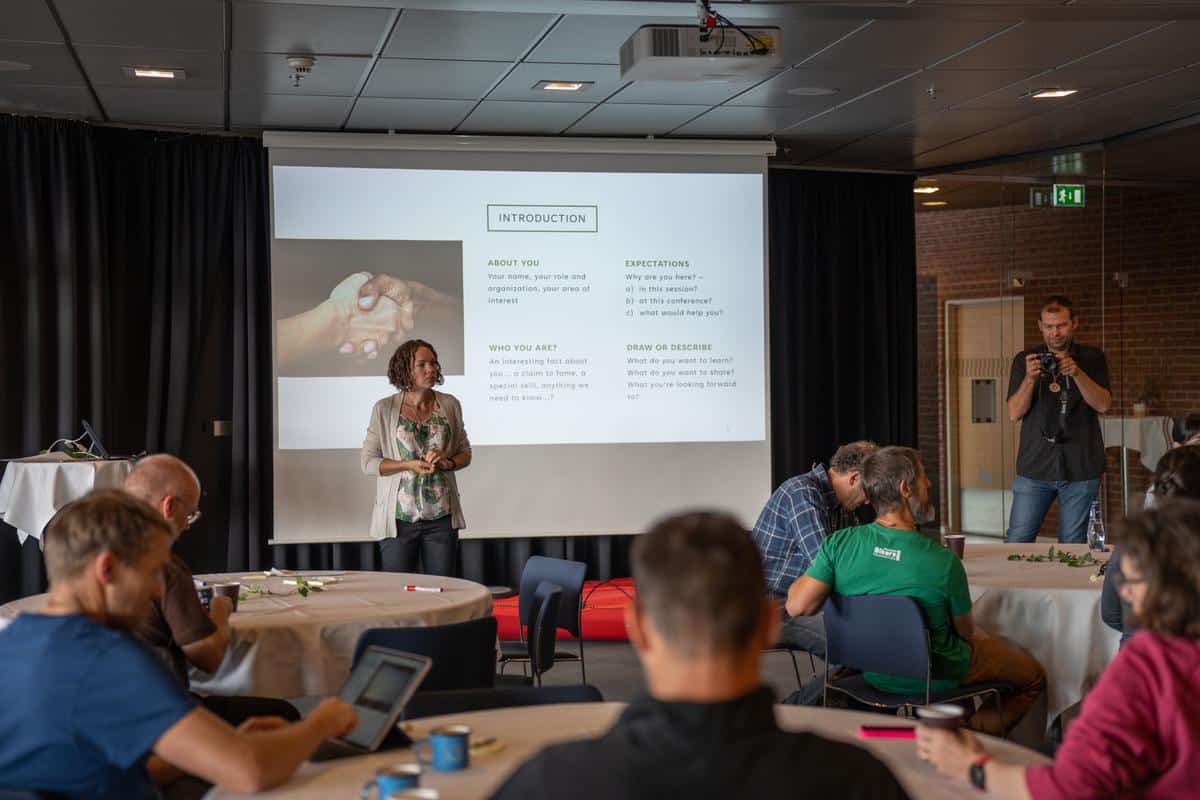Embedding outdoor sports and recreation in Europe’s public agendas
Policy and Advocacy
Outdoor sports and outdoor recreation are unevenly represented across European public policies. In some countries they are woven into strategies for sport, health, tourism and territorial development; in many others they remain peripheral or fragmented. This matters: without coherent public frameworks, the sector struggles to secure sustainable investment, to manage natural places responsibly, and to deliver its full social and environmental value.
ENOS’s advocacy agenda addresses that gap. We do not lobby for sport alone: we work to ensure that public strategies recognise how outdoor activity contributes to public health, social inclusion, territorial cohesion and nature stewardship — and that governments deploy the right instruments, at the right scale, to deliver balanced outcomes.
Our purpose and principles
ENOS advocates so that outdoor sports and recreation can be planned and supported in ways that are (a) socially inclusive, (b) environmentally respectful, and (c) territorially coherent. Our work is guided by five practical principles:
- Intersectorality: policy is effective only when sport, environment, health, tourism and planning speak to one another.
- Multi-scale realism: European frameworks must enable national, regional and local actors to adapt solutions to place-specific realities.
- Evidence-led influence: research, practice and lived experience should drive policy choices.
- Access with stewardship: public access to nature must be accompanied by measures that protect ecosystems.
- Proportionality & subsidiarity: interventions should seek the simplest instrument that delivers lasting public value.
Where we act — levels and levers
European level
We ensure outdoor sports are present in EU policy conversations and funding frameworks so that sector priorities can be resourced and scaled. Activities include:
- Positioning the sector in strategic debates and program cycles (e.g., cohesion and structural funds, Interreg, Erasmus+, LIFE and other relevant instruments).
- Producing concise, evidence-based policy briefs and position papers that translate practice into actionable recommendations for EU decision-makers.
- Convening multi-stakeholder dialogues that bring conservation bodies, public authorities, industry and health actors into constructive exchange.
This is largely influence through evidence and partnership rather than confrontational lobbying: building the case, demonstrating feasibility, and opening avenues for practical funding and cooperation.
National, regional and local levels
Policy change is decisive where people live and play. ENOS supports sub-national actors by:
- Sharing models and toolkits for national strategies, land-use integration, trail planning, and responsible tourism.
- Facilitating peer learning and twinning between municipalities and regions.
- Advising on how to access and shape EU and national funding to support strategic interventions.
1. Position papers

Position papers that map the contribution of outdoor activity to EU priorities (e.g., the Green Deal, public health, regional development).
2. Practical toolkits

Practical toolkits and training modules used by municipalities and federations.
3. Pilot Projects

Multi-partner pilot projects that test low-impact event protocols, trail governance models, or inclusion programmes.

Operational Levers
- Thought leadership: manifestos, white papers and position papers that articulate a clear, balanced model for the sector.
- Evidence translation: policy briefs, impact syntheses and targeted briefings for officials and funders.
- Coalition building: alliances with conservation networks, health agencies, tourism platforms and industry to create credible, cross-sector proposals.
- Demonstration projects: piloting scalable interventions via ENOS projects (SEE, CONNECT, RE-SEA, ECOS N2K, Beyond Horizons, etc.) to show what works in practice.
- Capacity and advisory support: helping public authorities draft strategies, integrate outdoor sport into planning, and develop practical governance tools.
The 2025 ENOS Advocacy Strategy — focus areas
Since 2025 we have structured our advocacy around three mutually reinforcing priorities:
Presence & resonance: ensure the sector has a seat and a clear narrative in European and national policy fora.
Evidence & translation: produce concise syntheses and practical guidance that convert field knowledge into policy instruments.
Coalitions & capacity: build cross-sector coalitions and strengthen public actors’ ability to design and finance quality strategies.
Each priority is pursued through concrete activities — policy briefs, expert dialogues, strategic partnerships, and targeted support to pilot regions.
How we balance ambition and responsibility
Our advocacy seeks balanced outcomes: enabling access and community benefits while protecting ecological integrity. Where tensions arise (development vs. conservation; access vs. protection), ENOS promotes negotiated solutions rooted in evidence, local knowledge, and clear governance arrangements. We avoid one-size-fits-all prescriptions and favour adaptive, place-sensitive approaches.
ENOS works with public authorities, federations, conservation bodies, research institutions, industry and funders. Typical ways to engage include:
- Co-designing policy proposals and pilot projects.
- Co-authoring position papers or response briefs to policy consultations.
- Requesting advisory support or peer review for national or regional strategies.
- Participating in themed dialogues or expert working groups.
Ready to Join?
We welcome all who are committed to advancing outdoor sports and nature-based recreation. To explore how you can contribute, share your ideas, or get involved in specific initiatives, contact: enos@outdoor-sports-network.eu
Every contribution counts—whether it’s sharing expertise, testing new approaches, or shaping policy. Together, we strengthen the network, empower communities, and ensure outdoor sports thrive across Europe.